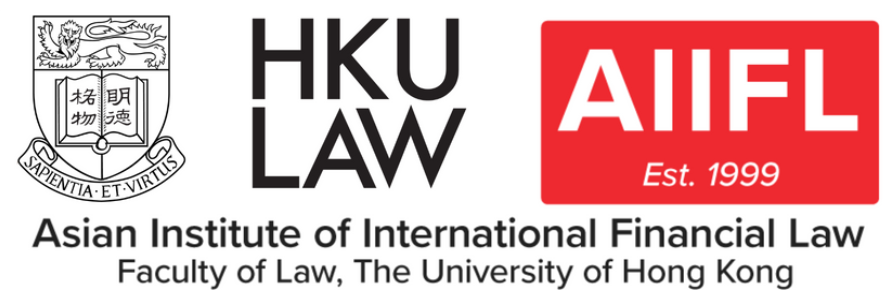Dynamism and Politics in EU Merger Control
HKU Competition Law Lecture Series
Dynamism and Politics in EU Merger Control:
The Perils and Promise of a Killer Acquisitions
Solution Through a Law & Economics Lens
18 August 2025
The digital era exposed a major jurisdictional gap in EU merger control: “killer acquisitions” of small innovative startups fall below the EU Merger Regulation’s turnover-based thresholds. The EUMR thresholds had two redeeming virtues, i.e. excluding jurisdictional competition between the Commission and Member States, with rare and narrow exceptions under a system of case referrals, and being relatively simple and predictable in their application. Eager for a quick and targeted fix, the Commission responded to the demand for more flexibility in EU merger control by unilaterally “repurposing” the Article 22 EUMR referral mechanism to catch potential killer mergers. Yet, the Commission’s creative solution to its jurisdictional deficit would not effectively address the “deterrence problem” and the “externality problem”, the main deficiencies of the EUMR thresholds, while it would de facto transform merger competence allocation between the EU and Member States into a “non-zero-sum” game, without amending the EUMR that would entail renegotiation of the original “zero-sum” bargain with Member States. Although the Commission’s attempt for unlimited jurisdictional expansion was struck down by the ECJ’s Illumina/Grail judgment, a narrower version of Article 22 EUMR based on national “call-in” powers still remains permissible. Our analysis shows that the repurposed Article 22 in its current form is neither an optimal nor sustainable solution and the search for further systemic reforms continues.
About the Speaker
Dr Anna Tzanaki is a Lecturer in Law at the University of Leeds, she specialises in competition law and policy, mergers and acquisitions, corporate governance and finance, law and economics, digital markets and new technologies, EU and comparative law. She obtained her PhD from University College London (UCL) Faculty of Laws, an LLM from the University of Chicago Law School, an LLB from the University of Athens Law School. She was a Visiting Researcher at Harvard Law School for a year and a half of her doctoral studies and a Max Weber Fellow at the European University Institute undertaking postdoctoral research. Before joining Leeds, she was an Associate Professor (docent) at the Faculty of Law of Lund University (Sweden). Prior to that, she had been awarded a two-year postdoctoral Marie Curie Fellowship under the EU’s Horizon 2020 research and innovation programme for the project on the competition implications of cross- and common ownership of rival firms in Europe. More recently, she has received funding from the Swedish Competition Authority as principal investigator of a three-year comparative, interdisciplinary research project on the law and economics of competition compliance programmes.
Chair: Professor Julian Nowag, Associate Professor, Faculty of Law, The University of Hong Kong
Enquiries: Flora Leung at aiiflhku@hku.hk

